At 9 am on March 19, 2021, Albert Yeung, director of the clinic and research program of depression at Massachusetts General Hospital and an associate professor of psychiatry at Harvard Medical School, was invited to give us a wonderful lecture entitled "Stress Management: With the Use of Eastern and Western". Professor Zou Liye, the vice dean of our school, other teachers and students attended the lecture. Assistant Professor Zhang Jieting from the Department of Applied Psychology presided over this lecture.
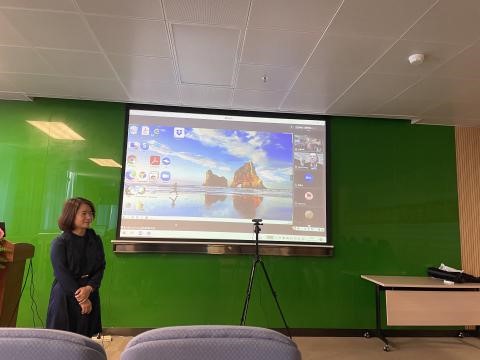
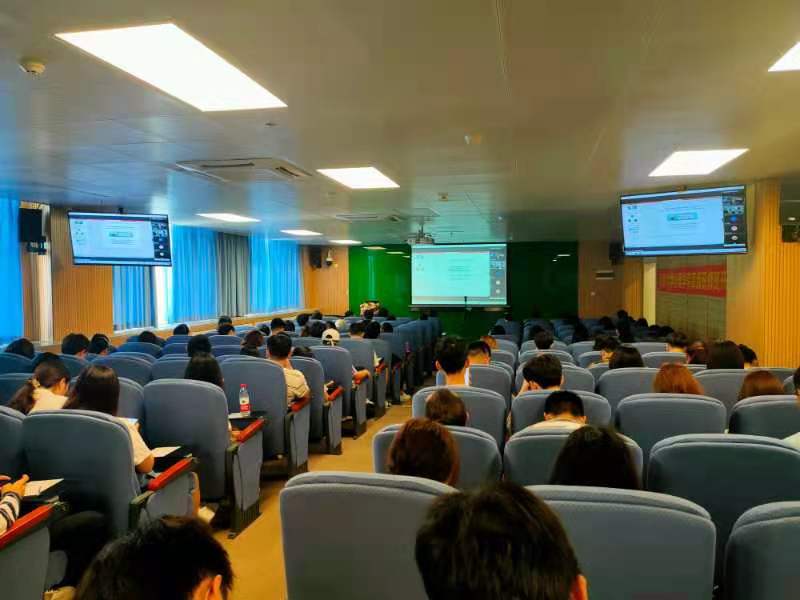
Under the background of the covid-19 pandemic, Director Albert Yeung pointed out various stressors, such as the threat caused by the pandemic, the reduction of social activities, the change of work and study places, etc. These factors will lead to different degrees of stress and do harm to our physical and mental health.
Then, according to the experience of the Massachusetts Hospital's physical and mental program, Director Yeung introduced the stress management method SMART (Stress Management And Resiliency Training) which combined eastern and western cultures. The SMART method mainly includes problem solving, having a healthy lifestyle, positive attitude, learning to accept, emotion regulation, physical and mental exercises (including mindfulness, meditation, Tai Chi, yoga, Baduanjin, etc.).
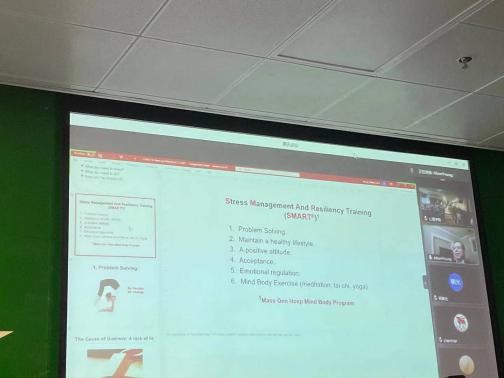
Director Yeung introduced the 3C (Catch, Check, Change) theory of emotion regulation in detail. “Catch” means recognizing automatic thoughts when emotions occur. “Check” means thinking about the accuracy of thoughts. “Change” means correcting wrong thoughts. Through cognitive behavioral therapy, listing the questions (such as "Is this true?") for thinking and other methods, people can know themselves better and thus relieve their stress.
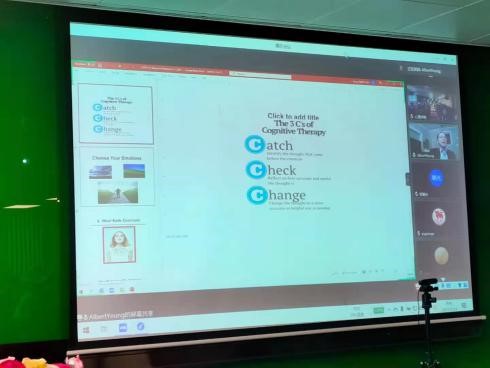
In addition, Director Yeung pointed out that physical and mental exercise played an important role in stress management. He gave a detailed introduction. For example, we can perceive the present (including external things and inner physical and mental state) with an attitude of non-judgment and acceptance. Therefore, in stress management, through perceiving and accepting our pressure without judging, we can alleviate our stress.
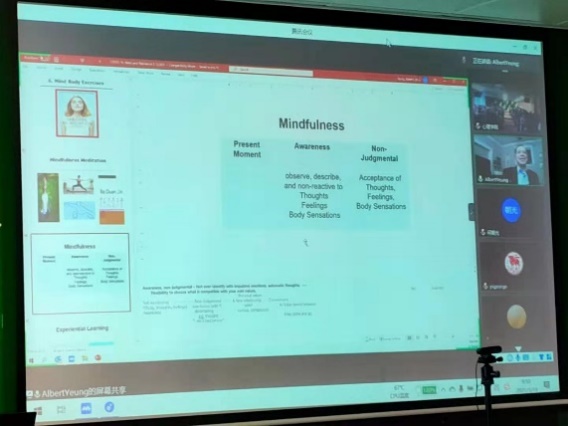
After the lecture, based on their own research and life experience, teachers and students communicated with Director Yeung, discussing methods of stress management and the application of mindfulness therapy in stress management. Finally, Assistant Professor Zhang Jieting expressed her heartfelt thanks to Director Yeung for this wonderful lecture. The lecture ended successfully in the applause of everyone.
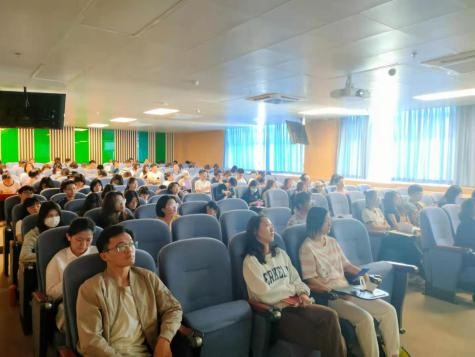
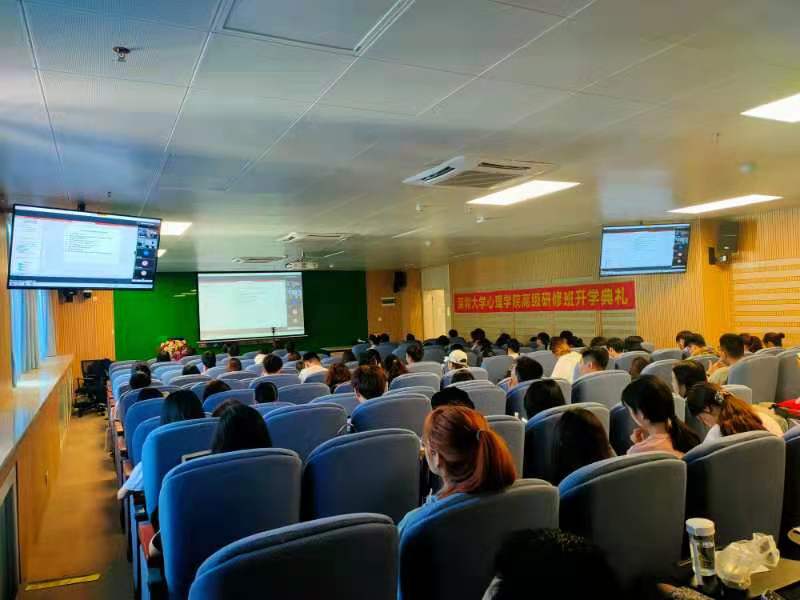
Introduction of the presenter
Dr. Albert Yeung is the director of the clinic and research program of depression at Massachusetts General Hospital (MGH) and an associate professor of psychiatry at Harvard Medical School. Dr. Yeung received his medical degree from National Taiwan University, master's degree in epidemiology and doctorate of science from the Harvard School of Public Health. He completed his residency training in psychiatry at MGH. Dr. Yeung is mainly engaged in the integration of basic medical services and mental health services to improve the diagnosis and treatment of depression, with special emphasis on the mental health of the disadvantaged people. He has written more than 160 academic papers and has published them in top journals in the field (Biological Psychiatry, Molecular Psychiatry, Bipolar Disorders, The Journal of Clinical Psychiatry, Journal of the American Academy of Child and Adolescent Psychiatry, Depression and Anxiety). He has also published many books on self-management of depression and stress.

 WeChat
WeChat